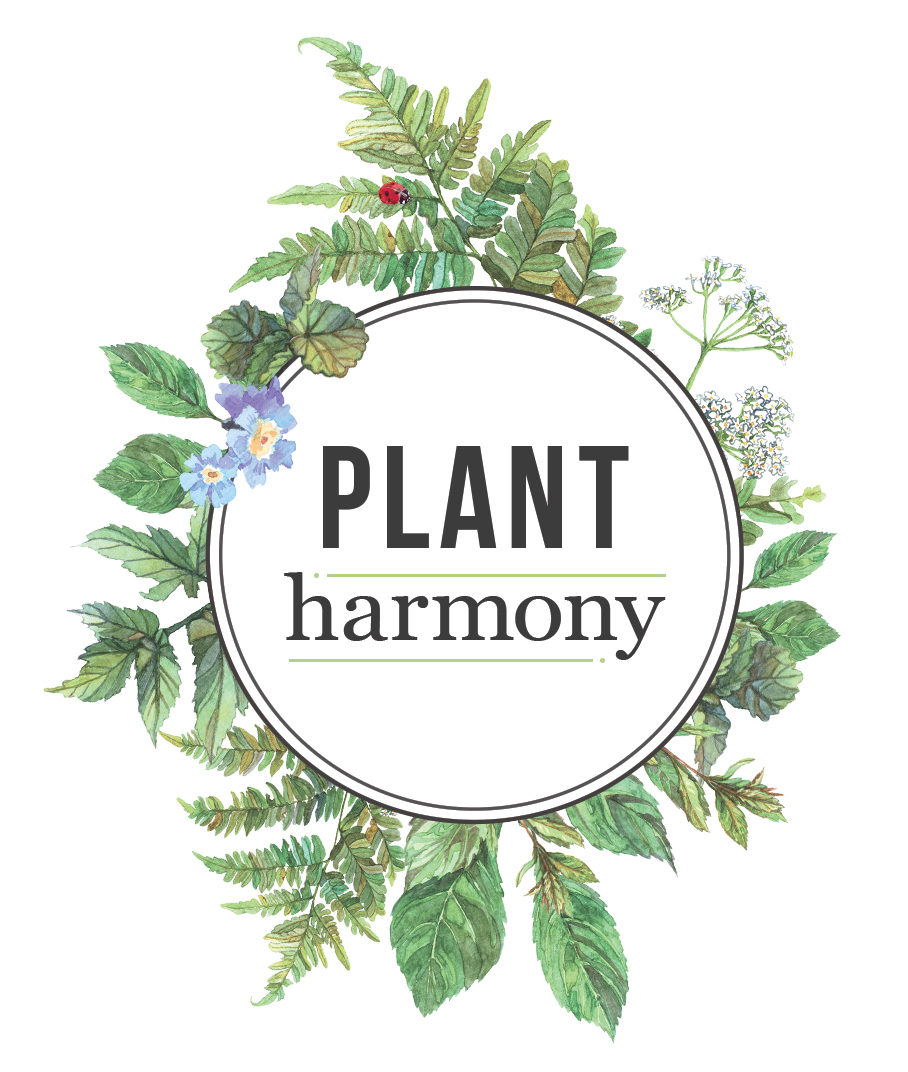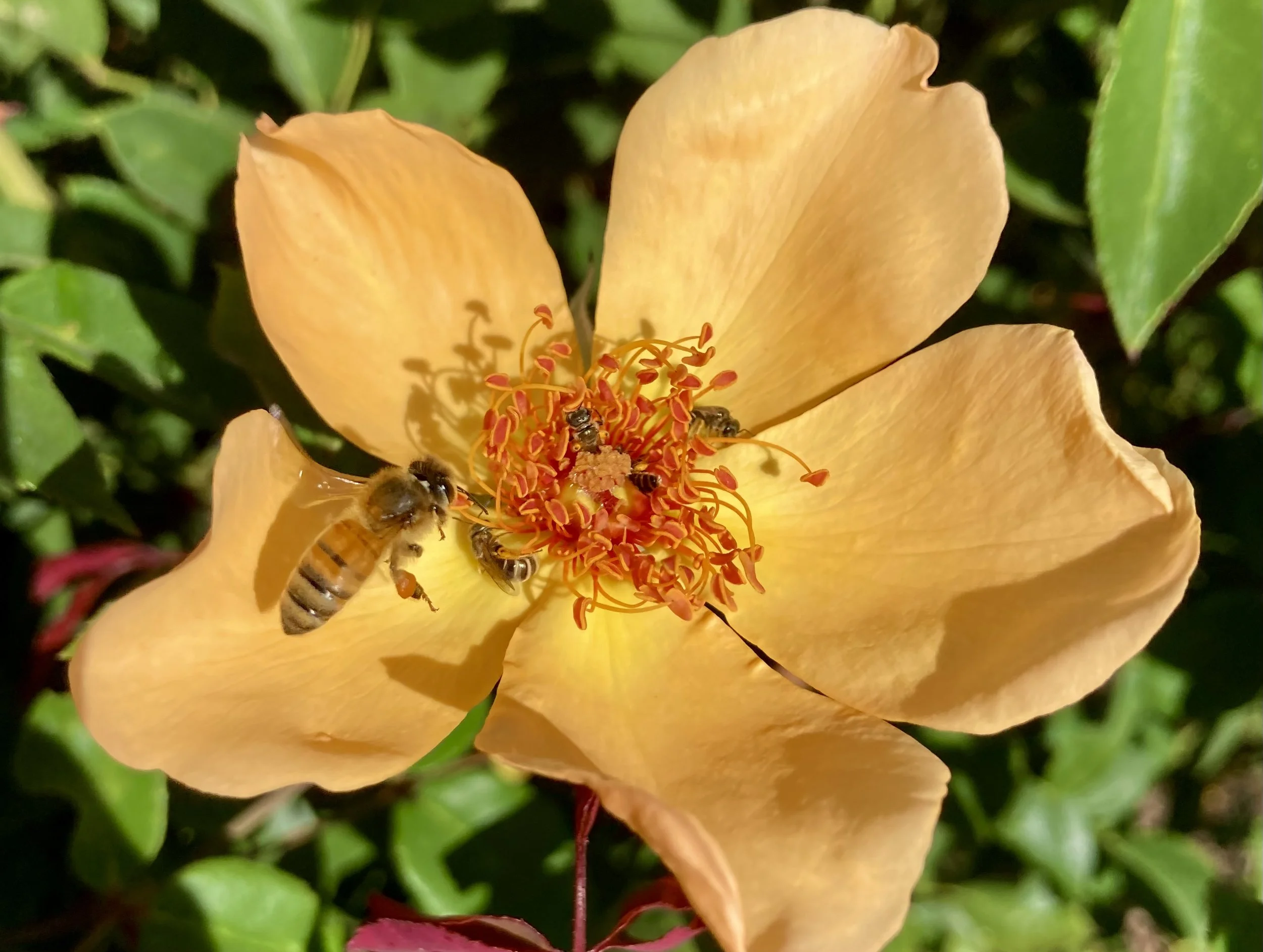Rose season tips for growing healthy roses with less pests
I love seeing roses arrive to the garden centers. Their newly emerging, deeply colored leaves are a true sign that spring in upon us. I'd like to share a few tips that will reduce many of the common pests that roses are faced with.
1) You know the old saying, 'A $10 plant in a $50 hole'? I might not have this saying exact, however the concept 100% correct. The more time & effort we put into amending the soil with Compost (aka: soil amendment or planting mix), the healthier & happier the root system will be. Healthy roots = a healthy plant = less pest problems. Yes, by increasing the health of the soil, one can reduce pests.
2) Another way to reduce pests is by adding earthworm casting. By mixing them into the soil, earthworm casting:
Contain an abundance of nutrition and mineral essential for plants to thrive
Contain important enzymes, beneficial bacteria and humus that assists with increased root growth and plant structure
Are highly effective for preventing insect pests and inhibit diseases
3) Feed with Organic Fertilizers
Organic fertilizers feed the soil microbes which increases the nutrition available for the plant roots.
Feeding organically prevents unnatural growth spurts, flushes of new growth that attract pests
Feeds plants on a as need basis, so plants can grow at a natural rate
Won't run-off into local waterways
4) Include Alfalfa Meal to the feeding schedule
Adding additional alfalfa meal at time of feeding super charges plants, especially roses
Improves the tilth of the soil
Contains a natural fatty-acid growth stimulant called trianconatol that bolsters the overall health of the plant
5) Azomite is not to be forgotten!
This natural mineral improves the root systems, crop yields, and overall plant vigor. For roses this means strong, tall rose stems without bud droop.
6) Feed plants throughout the growing season with Organic Liquid Fertilizers
Easy to use, just mix with water in a watering can in accordance to the label throughout
Keeps plants, especially roses in tip top health
7) Plant Sweet Alyssum in close proximity to roses and other plants.
It's a non-stop, flowering power house!
It's a beneficial insect magnet, and a Syrphid Fly favorite! Why is this important? When Syrphid flies have nectar & pollen to enjoy, and see plants, such as roses with aphids, they will lay their eggs near the aphids so that their larva can enjoy a feast once they hatch. It's a lot of fun discovering Syrphid Fly larva on my rose buds, and other aphid infested plants. Here is a photo of a syrphid fly larva enjoying a few aphids on this rose stem


